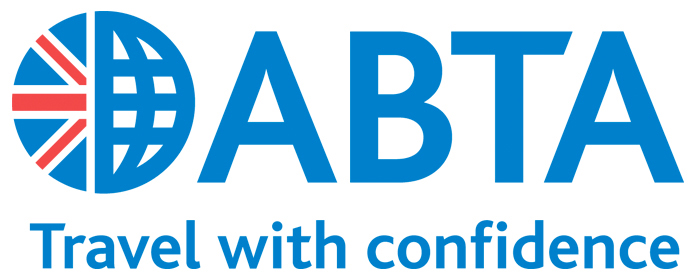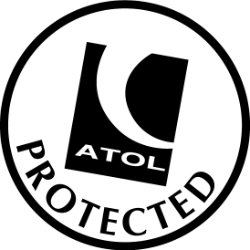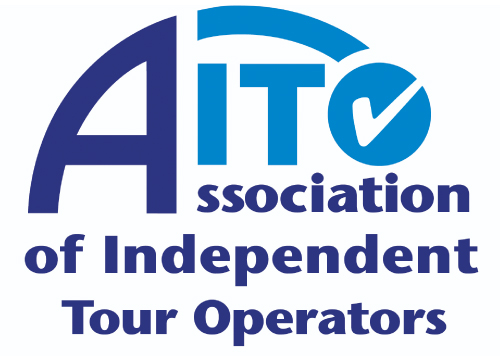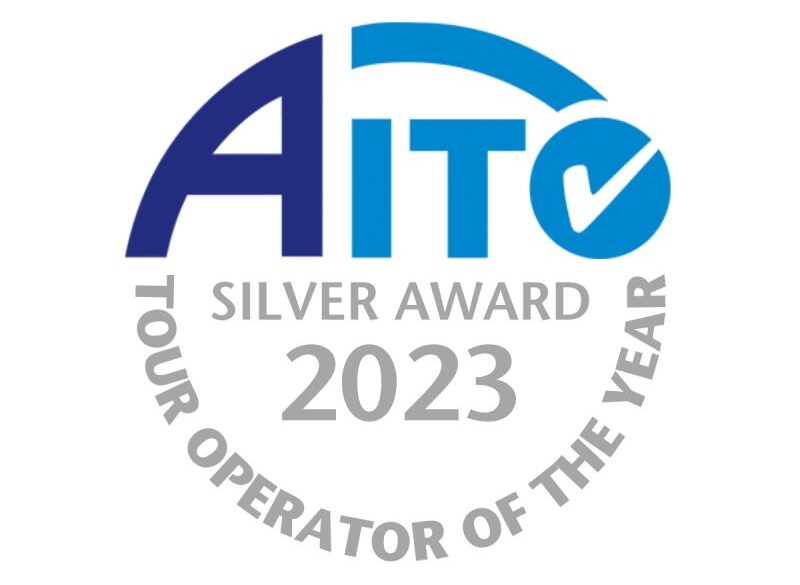Currency
The currency is the New Zealand dollar. ATMs are widely available in cities and large towns for cash withdrawals. Credit cards are accepted almost everywhere although there may be a minimum purchase required. Costs are generally similar to the UK although in more remote locations you will find prices are higher.
Staying safe
New Zealand is generally a very safe country to travel around. It pays to follow basic guidelines to keep your belongings safe however such as keeping valuables out of sight, not leaving bags unattended and parking your vehicle in well-lit busy areas where possible. If travelling to a remote location or heading out to do adventurous activities without a guide, make sure someone knows where you are going and when to expect you back as well as making sure you have appropriate clothing as weather conditions can change dramatically and mobile phone signal is not always reliable.
New Zealand is susceptible to sudden natural events such as earthquakes. Whilst it is highly unlikely that you will experience a significant event on your holiday it is essential that you make yourself aware of the risks and what to do in the event of emergency. In earthquake prone areas, all accommodation will have detailed instructions in the rooms.
The water is a big draw in New Zealand, however also a big hazard. Never swim alone and ask locals about conditions before entering the water. At popular beaches there will be lifeguards on duty throughout the summer season so it is recommended to swim between the flags at all times.
The emergency number is 111 and there are police stations in all main towns and many rural areas. Please make sure that you have appropriate travel insurance.
On arrival
New Zealand has strict biosecurity procedures at airports and ports to prevent the introduction of unwanted pests and diseases. On the flight into New Zealand you will be asked to complete a passenger arrival card which lists items that you are required to declare or dispose of. Some common items are food, animal or plant products and any equipment that has been used for outdoor or farming activities such as footwear, camping gear or sports equipment. There are bins in the airport to dispose of any products that are not permitted, or if you are in doubt, declare the item on the form and a biosecurity officer will make an assessment. Outdoor equipment such as hiking boots should be cleaned of all visible mud and plant seeds before you arrive as they will be inspected. It is always better to declare an item if you are unsure as there are sniffer dogs in the arrivals hall and bags are put through scanners to detect offending items. Fines are payable if you fail to disclose biosecurity risk goods.
Staying connected
New Zealand’s electricity supply runs at 230/240 volts, and uses angled two or three pin plugs (the same as Australia and parts of Asia).
Wifi is generally available at accommodation and cafes and is usually free. Some of the main city centres have free wifi zones however this can be unreliable.
If you are staying for a while, it may be worth purchasing a local sim card for your mobile phone however it is wise to check whether it will be compatible with your phone before going down this route.
The time difference to the UK is between 11 and 13 hours ahead depending on the time of year.
International postal services are estimated to take 6-10 working days.





